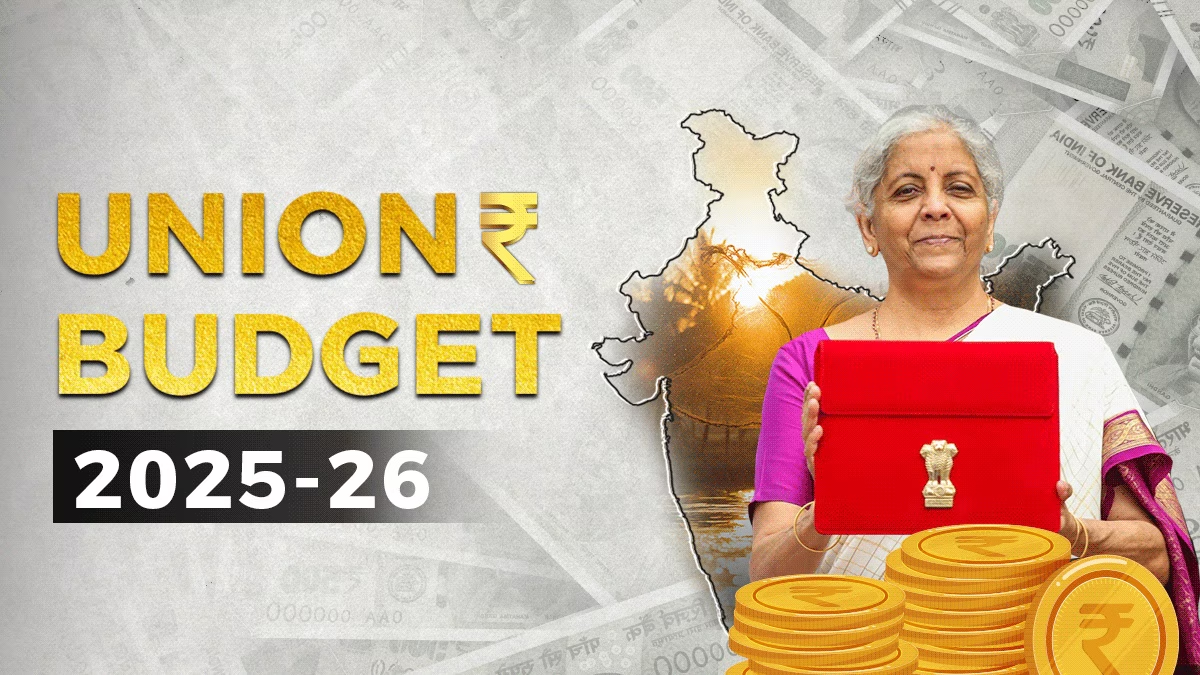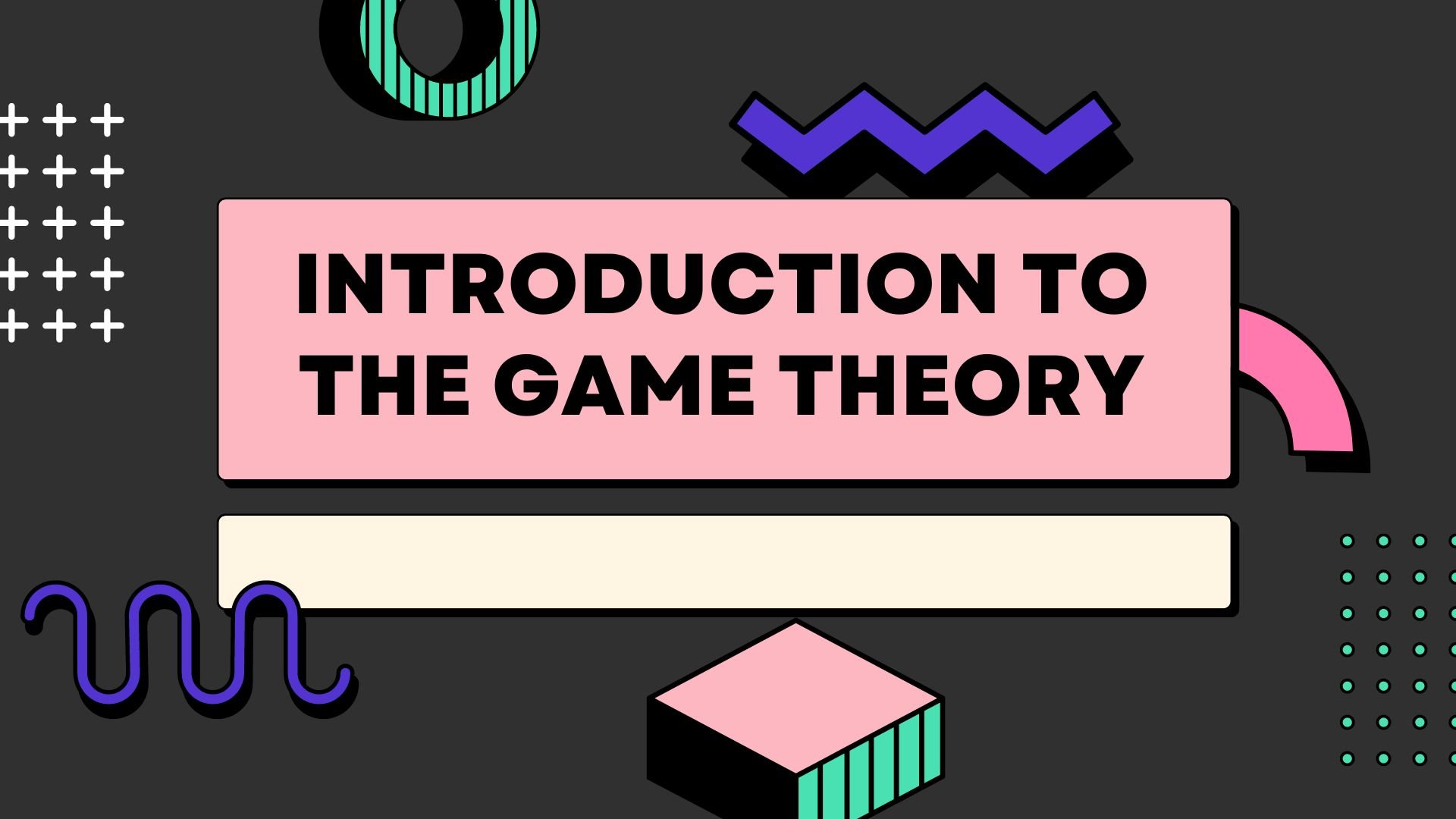Questioning is an essential skill that shapes our understanding of the world, drives innovation, and fosters critical thinking. In academic and professional settings, the ability to question effectively can pave the way for deeper insights, robust problem-solving, and meaningful interactions. This article explores the art of questioning properly, offering strategies rooted in research, psychology, and communication theory.
Understanding the Importance of Proper Questioning
Effective questioning goes beyond seeking information; it is a tool for exploration, clarification, and engagement. When done correctly, it:
- Stimulates Critical Thinking: Thoughtful questions encourage deeper analysis and foster intellectual engagement.
- Facilitates Learning: Proper questioning aids in understanding complex concepts and uncovering nuanced details.
- Builds Relationships: Open and respectful questions can enhance interpersonal connections by showing genuine interest.
- Promotes Problem-Solving: Targeted inquiries help identify issues and uncover potential solutions.
The Science Behind Effective Questioning
Research in cognitive psychology and education highlights several factors that influence the effectiveness of questions:
- Question Type: Open-ended questions (e.g., “What are the implications of this theory?”) elicit richer responses compared to closed-ended questions (e.g., “Is this correct?”).
- Cognitive Load: Questions should be framed to align with the respondent’s level of understanding to avoid overwhelming them.
- Timing and Context: The timing of a question and its relevance to the ongoing discussion significantly impact its effectiveness.
- Nonverbal Communication: Tone, facial expressions, and body language play a critical role in how questions are received.
Strategies for Asking Questions Effectively
1. Be Clear and Concise
Avoid ambiguity by framing your questions clearly. Simplicity ensures that your intent is understood, reducing the chances of misinterpretation.
Example: Instead of asking, “Can you explain this?” specify your focus: “Can you explain how this model applies to real-world scenarios?”
2. Use Open-Ended Questions
Open-ended questions invite expansive thinking and detailed responses. They are especially useful in exploratory discussions or when seeking feedback.
Example: “What are your thoughts on the long-term impact of climate change policies?”
3. Incorporate the “5Ws and 1H” Framework
Questions beginning with Who, What, Where, When, Why, and How encourage comprehensive responses.
Example: “Why do you believe this approach is more effective than alternatives?”
4. Practice Active Listening
Engage with the response before following up. Active listening demonstrates respect and encourages more open communication.
5. Adapt Questions to Your Audience
Tailor your questions to match the expertise, background, and interests of your audience. For academic audiences, prioritize depth and technical precision.
6. Avoid Leading Questions
Leading questions can bias responses and undermine the authenticity of the answers.
Example: Replace “Don’t you think this is the best option?” with “What are your thoughts on the feasibility of this option?”
7. Encourage Reflection
Use probing questions to stimulate introspection and deeper analysis.
Example: “How might this decision impact the organization’s long-term goals?”
Common Pitfalls to Avoid
- Overloading with Questions: Asking multiple questions at once can confuse the respondent.
- Interrupting Responses: Allow the person time to fully articulate their thoughts before interjecting.
- Using Jargon: Avoid overly technical language unless your audience is familiar with it.
- Being Overly Critical: Framing questions in a judgmental tone can discourage open dialogue.
Enhancing Questioning Skills
- Reflect on Your Questions: After each interaction, evaluate which questions were effective and why.
- Seek Feedback: Ask colleagues or peers for input on how your questioning style can improve.
- Observe Skilled Questioners: Learn from educators, interviewers, or leaders known for their adept questioning techniques.
- Practice Regularly: Incorporate questioning into everyday interactions to refine your skills over time.
Mastering the art of questioning is a powerful tool for personal and professional growth. By asking clear, thoughtful, and engaging questions, you can unlock new perspectives, foster collaboration, and drive innovation. Whether in academic discussions, workplace settings, or personal conversations, effective questioning enables deeper connections and a richer understanding of the world.





Leave a Reply